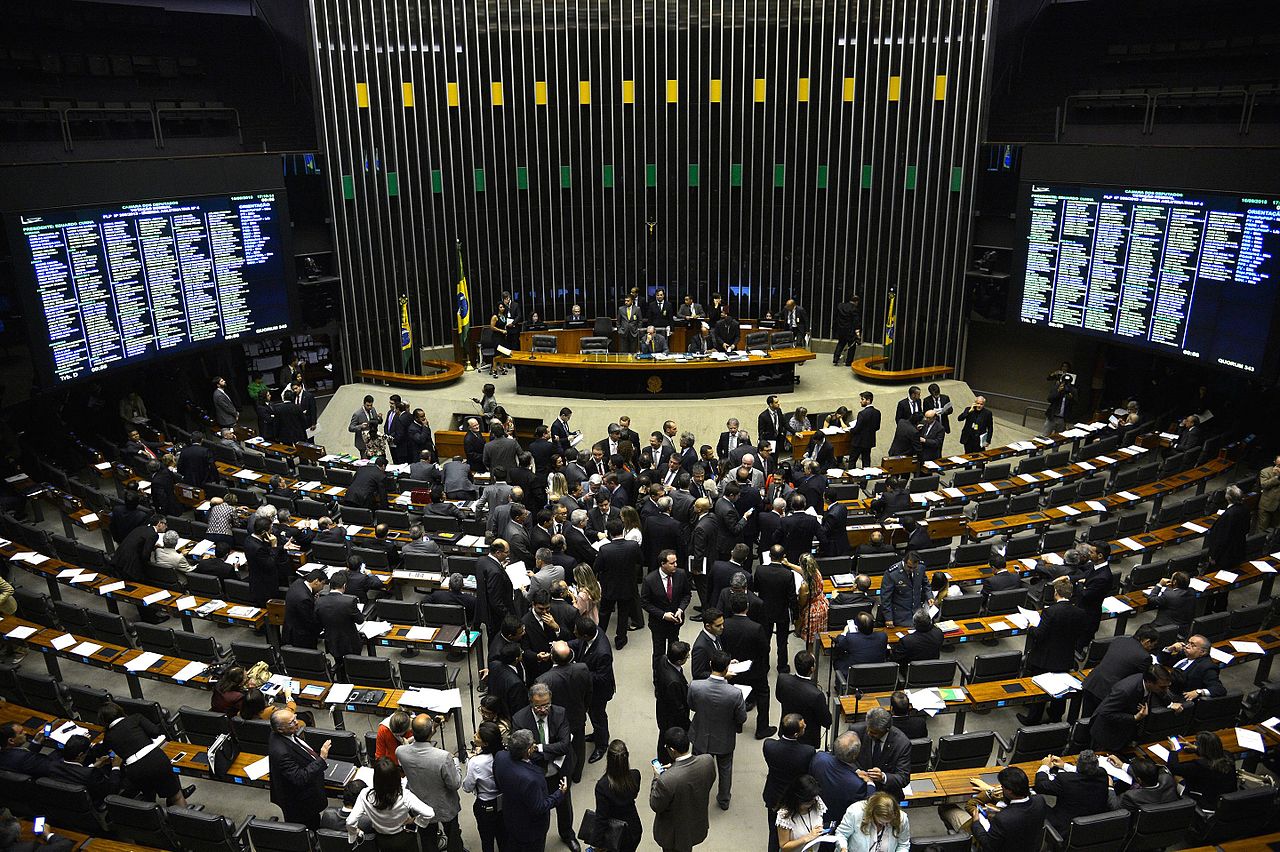Media & IP Law specialist Nathalia Santos share an update on the latest developments in Brazilian data privacy regulation, and a recently approved amendment to the Constitution which consolidates individuals’ personal data rights and recognizes that personal data protection, including by digital means, is a fundamental human right now afforded to all Brazilian citizens.
This week, the Brazilian Congress approved an important amendment to the Federal Constitution, making the protection of personal data a fundamental constitutional right, consolidating the rights of holders of personal data, already safeguarded with the General Law for the Protection of Personal Data – LGPD – which came into force in September 2020.

The procedure for this change began with the Proposal for Amendment to the Constitution – PEC No 17/2019, which was approved in both Houses (the Federal Senate and the House of Representatives) and is considered an important advance, not only in the legal field, but also as a sign of greater legal security for all economic sectors.
From the PEC approved on Thursday (10) the protection of personal data, including in digital media, becomes part of fundamental rights, provided for in the Federal Constitution of Brazil as inherent to the human person and constructed from the historical-cultural context of society. The protection of personal data is therefore equals the protection of life, liberty, equality, security and property, following the evolution of society and its needs.
Since it is a constitutional matter, the approval of the PEC becomes a landmark by itself, performing an important modification in the Federal Constitution with the inclusion of the protection of personal data as part of the stony clauses, that is, making it a legal device that cannot be altered.
By integrating the list of fundamental rights, the protection of personal data is covered by the same protection and can never be modified or revoked while the current Constitution is in force.
The approved amendments also guarantee the Federal’s Government exclusive competence to organize, supervise and legislate on matters involving the protection of personal data, which brings greater legal security, by preventing states and municipalities from creating sparse and possibly divergent rules on the subject.
The effects will be practical and immediate and seen as a great achievement in the protection of personal data in line with the encouragement of economic and technological development in Brazil.





